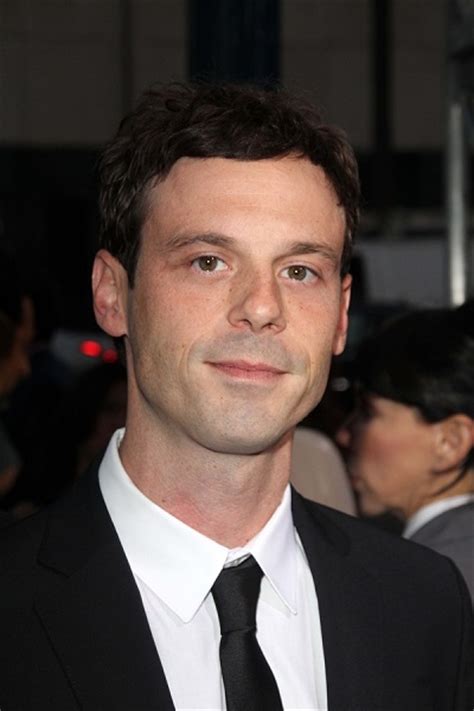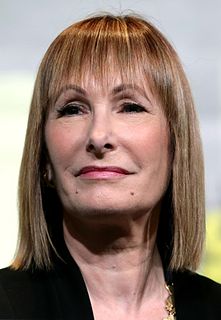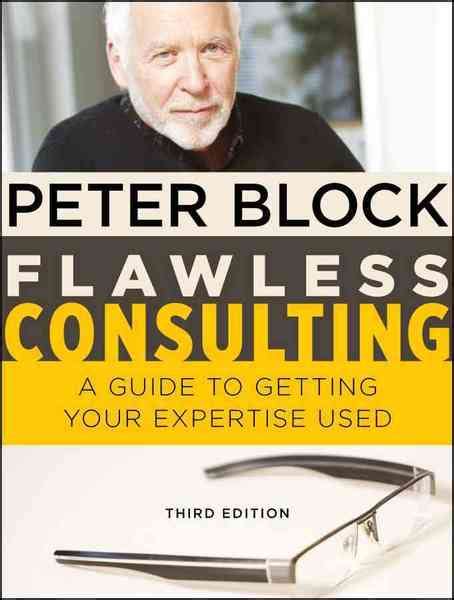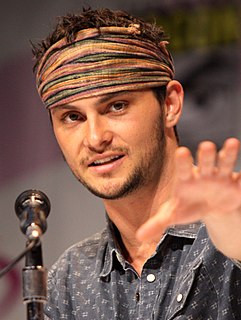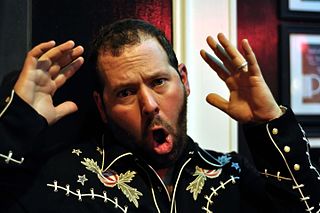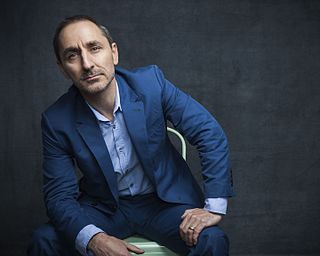A Quote by Cillian Murphy
For me it's always been about the stories, not what medium. The medium is secondary to the stories.
Related Quotes
On the professional side, I've helped move cinema from a chemical-based medium to a digital-based medium. That'll be one of the landmarks. And I've left these stories, these little tales that have been imprinted on the media, which will or will not be of interest to people in the future. I've done the best I can.
The great thing about television is that you get to tell, like with "The Walking Dead", 16 hours worth of character-driven storytelling in less time than it takes to make a feature film. So, it really is a medium at least for storytellers who are passionate about not only the genre but also the character-driven genre stories. It's probably a better medium.
Growing up, I didn't have television. My dad would make up stories and tell me stories, so my imagination ran wild. When I did see films, which was very few and far between, that was such an interesting medium that was so new to me. It wasn't something that was just part of my life, so it was really appealing and so different that I enjoyed that.







